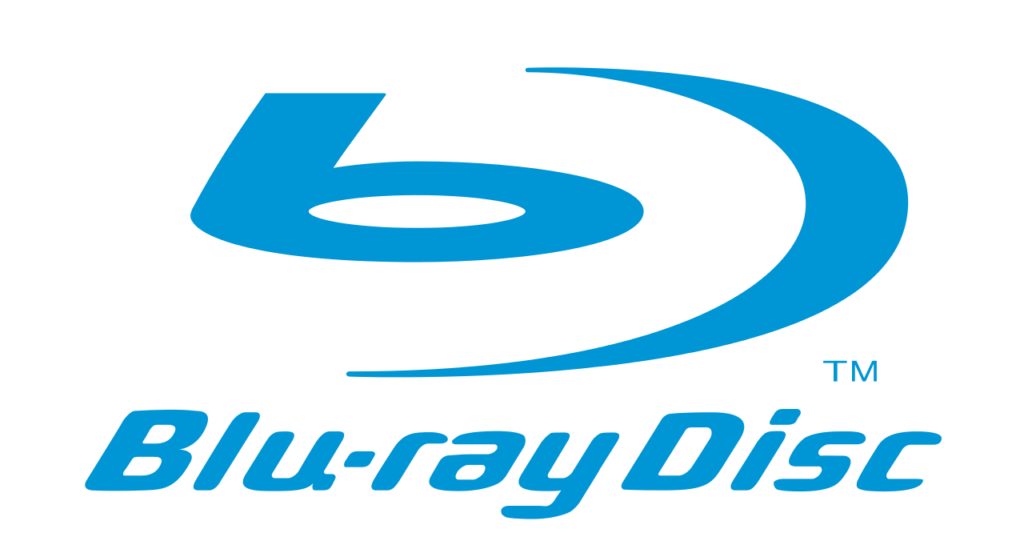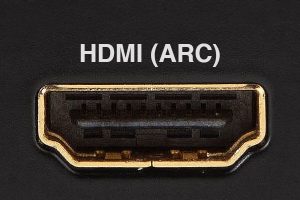For quite a while in the 90s and early 2000s, there was a superiority debate between Blu-Ray discs and Digital Video Discs (DVDs). Generally, newer technologies always trump and replace old ones very fast. That was not the case with Blu-Ray and DVD as they remained together in the market side by side for a significant amount of time. This begs the question, what is a Blu-Ray Disc? How does it compare to a DVD? Is one better than the other?
To set the record straight, feature-wise, a Blu-Ray Disc is unequivocally superior to a DVD. So let us highlight the Pros and Cons of each. But first, what is Blu-Ray? Simply put, Blu-ray is an optical disc format, just like CD and DVD, that was meant to advance and replace both CD and DVD. Blu-Ray was jointly developed by the biggest names in the business including Sony, LG, Panasonic, and others through the Blu-Ray Disc Association (BDA).
Also Read:
1. Storage Capacity
When it comes to the quantity of data you can store in a single disc, Blu-Ray blows DVD out of the water. A single DVD can hold about 4.7GB which is just enough for one sub-2 hour movie. A double-layer DVD can hold up to 9GB. On the other hand, dual-layer Blu-Ray disc can store up to 50GB of data. Additionally, the Blu-Ray Disc Association (BDA) released specifications in 2010 for an even more advanced Blu-Ray Disc XL (BDXL) format capable of 128GB storage. A clear win for Blu-Ray in this department.
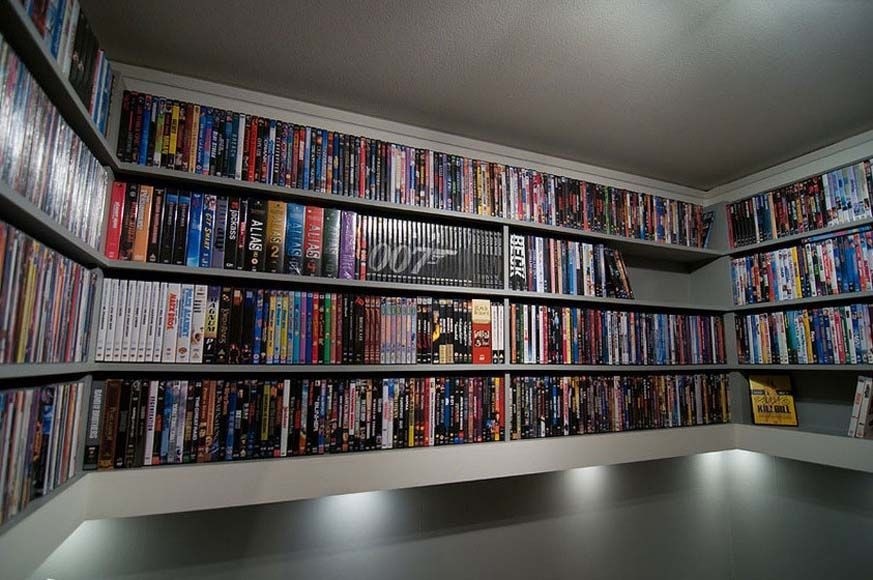
Also Read: eMMC vs SSD Storage For Laptops: What Are The Differences?
2. Picture Resolution
This is what many people will really care about as it affects how clear an image is. Basically, DVDs are standard definition (SD) storage devices which means 480p resolution. On the other hand, most Blu-Ray discs are capable of Full High-Definition (FHD) which is 1080p. Additionally, as of 2016, we got Ultra High Definition (UHD) capable Blu-Ray DVDs with 4K (2160p) resolutions. Again, Blu-ray easily beats DVD.
Also Read: LED, LCD, OLED, QLED: Understanding smart TV display Tech
3. Sound Quality
As you may already know, image quality and audio quality go hand in hand for a great movie-viewing experience. In this regard, Blu-Ray discs are capable of storing the best quality audio formats there is; Dolby Atmos, DTS-X, Dolby TrueHD, and DTS-HD Master Audio. With such audio formats, all you need is a decent home theatre system that can decode them and you enjoy the best surround sound. On the other hand, DVDs are limited to Dolby Digital and DTS Digital sorround.
We have several posts where we take an in-depth look at all those surround sound formats linked below.
Also Read:
- Audio Technologies Explained: DTS and Dolby Digital
- Dolby Atmos turns your home into cimena-like sound
4. Laser Wavelengths
Both Blu-Ray discs and DVDs use laser technology to read and decode data stored in them. However, there is a small variation that makes a big difference. The laser used to read a DVD is red in color with a wavelength of 650nm. Conversely, the laser used to decode Blu-Ray works on shorter wavelengths of 405nm and is blue (Blu) in color. All this means is that a Blu-Ray player can read stored data more closely thus it is more accurate.
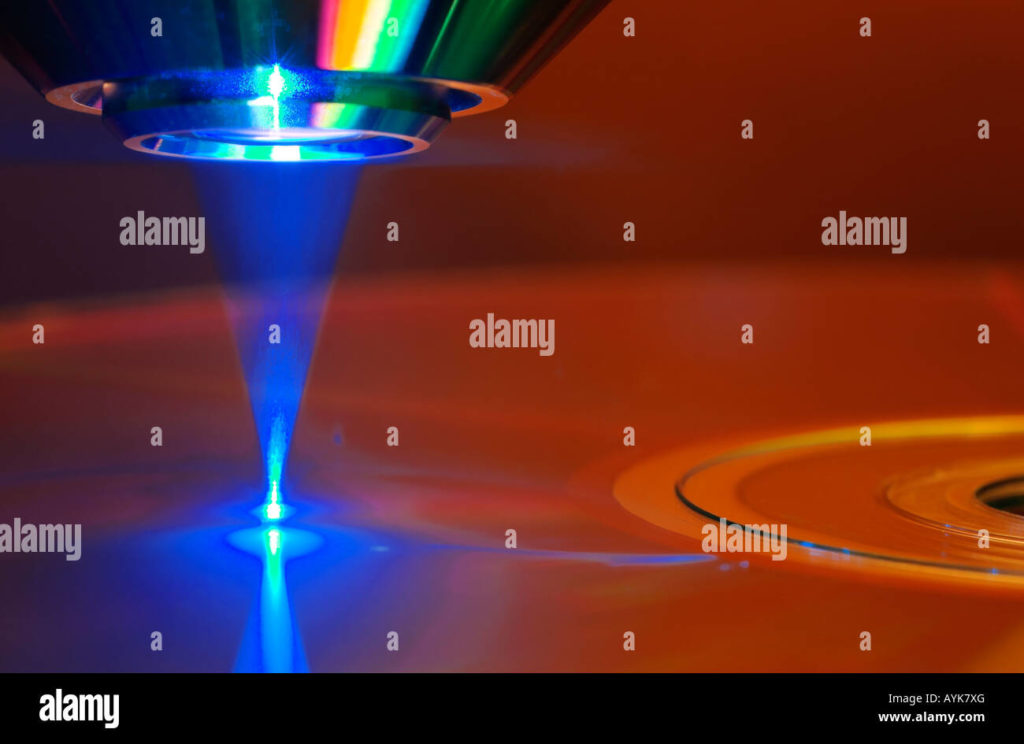
Also Read: Surround Sound Naming Conventions Explained: 5.1 vs. 7.2 vs. 7.1.2
5. Construction of The Disc
To the typical naked eye, both DVD and Blu-Ray discs will look indistinguishable. However, the grooves on a Blu-Ray disc are thinner and more closely packed enabling it to store so much more data. Also, DVDs are more prone to damage by scratches while a Blu-Ray disc is more scratch-resistant.
Also Read: 5 Free CD/DVD Ripping Software
Has Blu-Ray made the DVD completely Useless?
So do the above findings mean you should trash your entire DVD collection and buy Blu-Ray discs? Not really. The thing is Blu-Ray players are backward compatible hence they can read and play DVDs. On the flip side, DVD players cannot read Blu-Ray discs because of the large laser we spoke about. There are also some movies that are only available on DVD, plus Blu-Rays are significantly more expensive than DVDs.
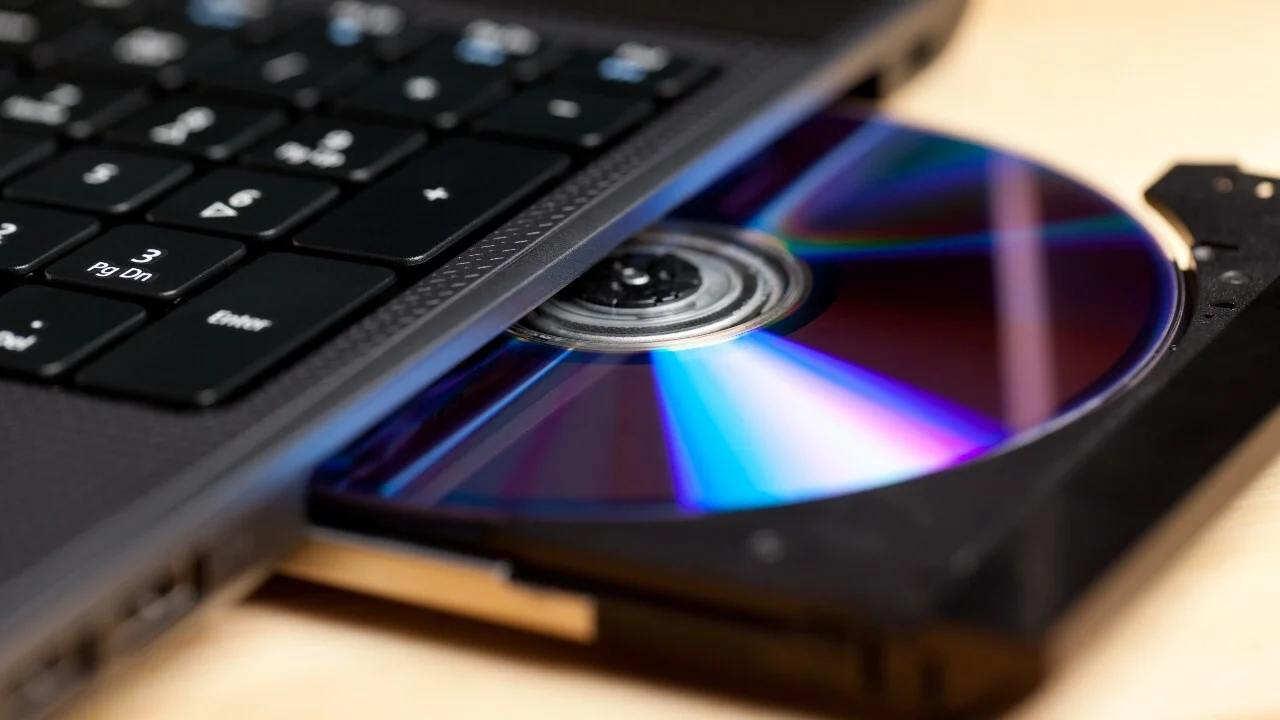
It is also important to highlight that majority of the benefits of Blu-Ray are only actualized if you have supporting hardware. What do we mean? If your TV is capable of 480p max, that’s the best you will see even if you have a 1080p Blu-Ray movie.
Also Read: Samsung quits making new Blu-Ray players
Discover more from Dignited
Subscribe to get the latest posts sent to your email.


